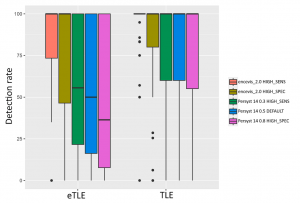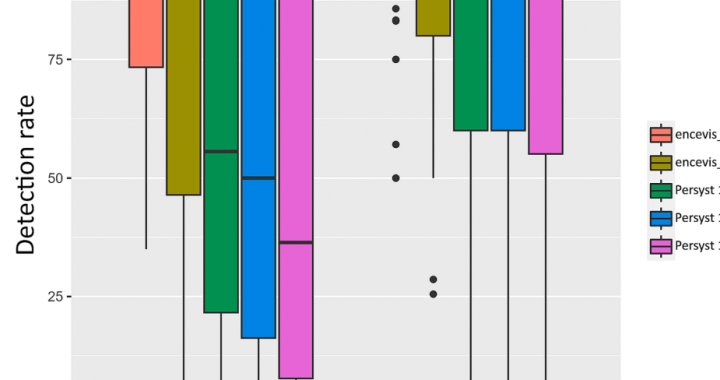Within the framework of newly funded FFG-project, encevis team is working on developing AI-powered algorithms specifically for children and adolescents with suspected or confirmed epilepsy.
Building on our existing expertise with automatic review and analysis of (long-term) EEG data recorded from adults, we are now striving towards extending our application by training and validating algorithms on the brain activity data of young patients.
Both healthy and pathological brain activity might look very different depending on age. The anatomical and functional architecture of the brain undergoes tremendous changes across the development. Some epileptic syndroms occur only (e.g. ESES = electrical status epilepticus in sleep) or predominantly (e.g. absence seizures) in young age. Moreover, epileptic discharges can negatively impact the maturation process, or even cause regressions. When training algorithms to automatically detect epileptic activity in EEG data of children, all these factors must be considered.
encevis team is very much excited to embrace this challange!
To learn more, read the article describing our new project on the AIT’s website in DE or EN.



















